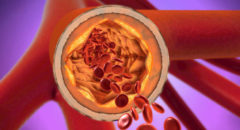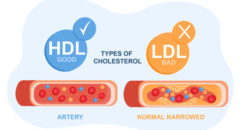 Los Angeles Dodgers pitcher Kenley Jansen vividly recalls the day his heart went “out of whack.”
Los Angeles Dodgers pitcher Kenley Jansen vividly recalls the day his heart went “out of whack.”
Five years ago, the then-23-year-old pitcher was working out with teammates before a game that evening against the Colorado Rockies.
“I was doing sprinting and other conditioning, where your heart rate would go up, and I remember it was like my heart went out of whack,” Jansen said. “I didn’t say anything. I thought, ‘It’s not a big deal,’ and I kept going.”
Jansen went on to pitch that night, but in the eighth inning he started to feel tired and out of breath. His heart was still beating irregularly.
In the ninth inning, he asked a team trainer to feel his heartbeat. All the trainers watched as Jansen took to the mound in the last inning. The 6-foot-5, 265-pound Jansen, known for his fastball, said he felt like he was going to pass out with every pitch.
“The training staff was waiting for me when we were done,” Jansen said. They immediately did an electrocardiogram to check his heart’s electrical activity.
“I found out that day that I had atrial fibrillation. I didn’t know anything about it. And it was the first time I ever had trouble with my health,” he said.
Jansen’s symptoms were tell-tale signs of atrial fibrillation, or AFib, an irregular heartbeat that increases the risk for a stroke. Even more telling – his father, Isidoro, has AFib and suffered a stroke 16 years ago. Research shows that having a parent with AFib strongly increases a child’s risk of developing the heart rhythm disorder.
AFib is more prevalent among people over 50, but following his own diagnosis, Jansen’s message applies to everyone: Listen to your body and don’t brush off health issues that could be career-ending, or worse, life-ending.
Doctors treated Jansen’s first AFib episode with an electrical cardioversion, which restores regular heart rhythms by sending an electrical shock to the heart. Jansen also took blood thinners to reduce his stroke risk in the month after the procedure.
He returned to baseball for the 2012 season feeling great. But 11 months after his first AFib episode, Jansen again felt the sensation in his heart.
“I was doing the same thing, working out, running, conditioning and my heart went out of whack — again. This time, I knew what it was, and I said, ‘OK, take me to the hospital, I’m having trouble with my heart again.’”






